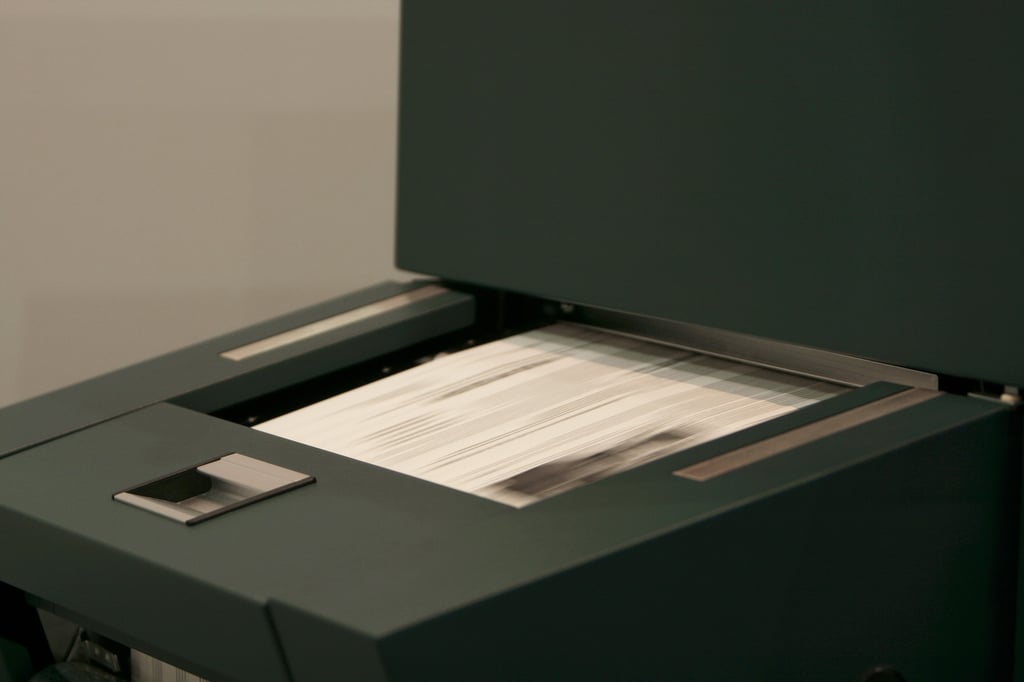The Revolutionary Impact of the Printing Press
The invention of the printing press in the 15th century by Johannes Gutenberg is widely regarded as one of the most significant technological advancements in human history. This innovative device revolutionized the way information was disseminated and brought about transformative changes in various aspects of society. From religious and scientific revolutions to the spread of literacy and the democratization of knowledge, the printing press had a profound and lasting impact on the course of history.
Religious Reformation and the Printing Press
One of the most significant consequences of the printing press was its role in fueling the Protestant Reformation led by Martin Luther in the 16th century. Prior to the invention of the printing press, religious texts were painstakingly copied by hand, limiting their availability and accessibility. However, with the introduction of the printing press, the Bible and other religious texts could be produced in large quantities and at a much lower cost. This allowed for the widespread distribution of religious ideas and challenged the authority of the Catholic Church.
With the availability of printed materials, individuals were able to read and interpret religious texts for themselves, leading to the rise of different interpretations of Christianity. This empowered individuals and communities to question the traditional religious hierarchy and paved the way for religious diversity and freedom of thought. The printing press played a crucial role in enabling the spread of Protestantism and shaping the religious landscape of Europe and beyond.
The Scientific Revolution and the Dissemination of Knowledge
Another profound impact of the printing press was its contribution to the Scientific Revolution of the 17th century. Prior to the invention of the printing press, scientific knowledge was mainly confined to a select few scholars and was often kept secret. However, the printing press allowed scientists and philosophers to share their discoveries and theories with a wider audience.
Scientific journals, books, and treatises could now be printed and distributed, enabling the exchange of ideas and fostering collaboration among scientists. This facilitated the rapid advancement of scientific knowledge and led to breakthroughs in various fields such as astronomy, physics, and medicine. The printing press played a crucial role in disseminating scientific knowledge, promoting critical thinking, and laying the foundation for the modern scientific method.
The Spread of Literacy and the Democratization of Knowledge
Prior to the invention of the printing press, literacy rates were relatively low, and books were considered luxury items accessible only to the elite. However, the printing press made books more affordable and accessible to a wider range of people. This led to a significant increase in literacy rates as more individuals had the opportunity to learn to read and write.
As literacy rates rose, the demand for books grew, leading to increased production and the establishment of libraries, schools, and universities. Knowledge that was once limited to a privileged few could now be accessed by a larger portion of the population. The printing press played a fundamental role in the democratization of knowledge, empowering individuals with the ability to educate themselves and participate in intellectual discourse.
The Rise of Mass Communication and the Printing Press
Prior to the printing press, the dissemination of news and information was primarily done through oral communication or handwritten manuscripts. However, the printing press revolutionized the way information was shared, paving the way for the rise of mass communication.
Newspapers, pamphlets, and broadsheets could now be mass-produced and distributed to a wider audience. This allowed for the rapid dissemination of news, ideas, and opinions, shaping public discourse and facilitating the spread of political and social movements. The printing press played a crucial role in the development of a more informed and connected society, laying the foundation for modern journalism and the concept of the free press.
Conclusion
The invention of the printing press had a profound and transformative impact on the course of history. From religious reformation and the spread of literacy to the advancement of scientific knowledge and the rise of mass communication, the printing press opened new avenues of knowledge, empowered individuals, and shaped the world we live in today. Gutenberg's invention truly altered the course of history, leaving a lasting legacy that continues to shape our society.


